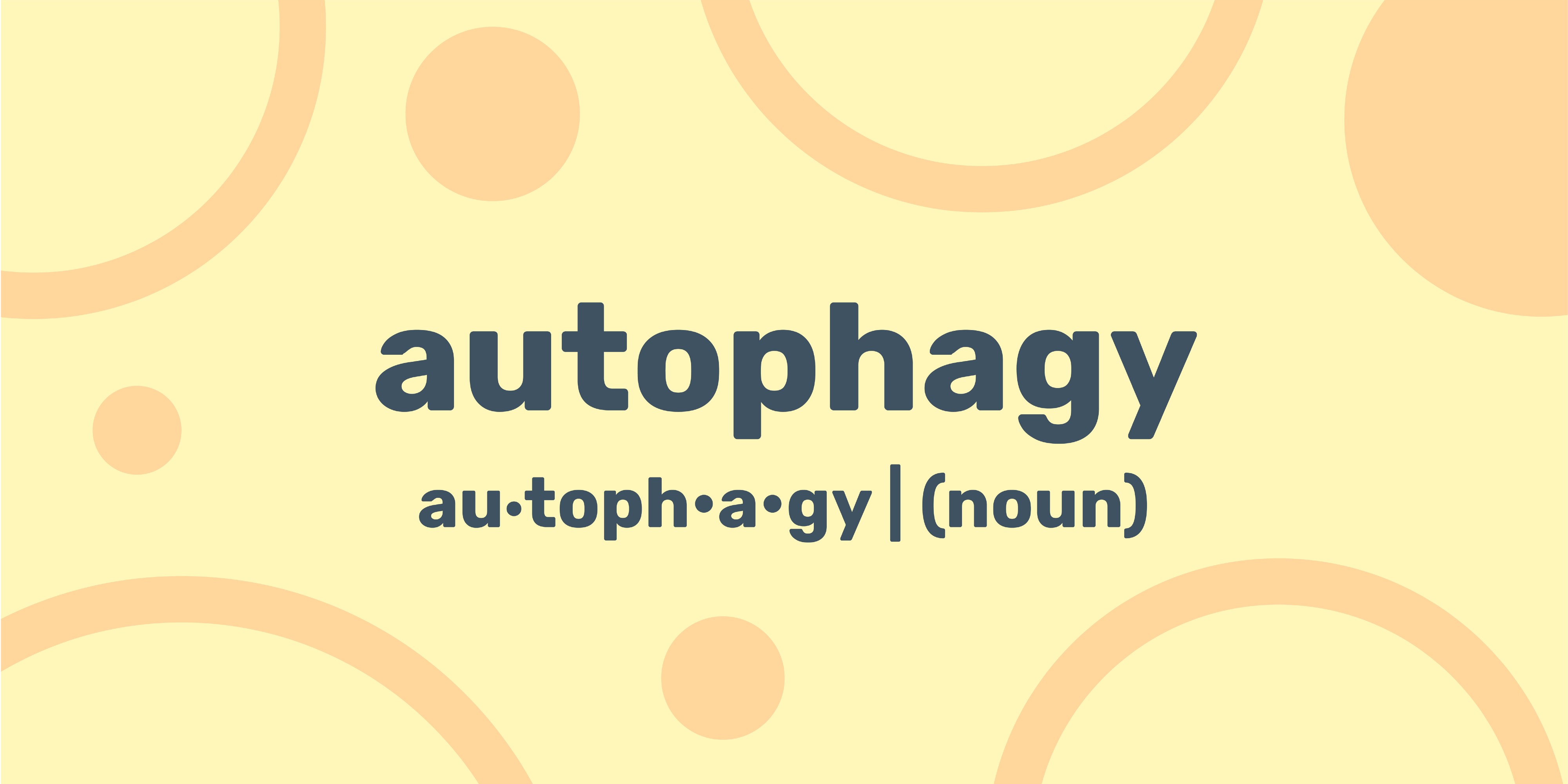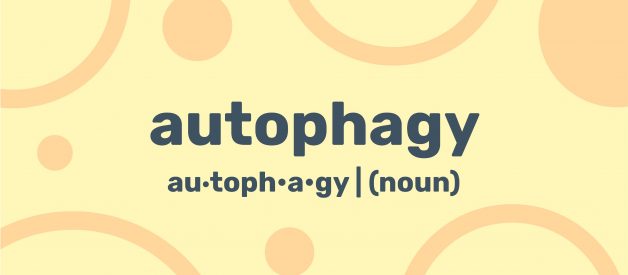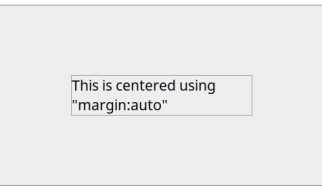 Is your body in need of some spring cleaning?
Is your body in need of some spring cleaning?
Fasting ? where you restrict taking in calories for an extended period of time?appears to bring with it some pretty remarkable health benefits. These include weight loss, changes to risk factors for diabetes and heart disease, and longer life.
Researchers have been trying to get to the bottom of why fasting is linked to longevity for years. Lab mice and monkeys that fast in lab studies have a tendency to live longer than their regularly fed peers.
Research finds that restricting calories turns on genes that tell cells to preserve resources. The cells go into a preservation or ?famine mode,? where they are, remarkably, much more resistant to disease or cellular stress. They also enter a process known as autophagy, where the body begins to clean out the old, unwanted, and unneeded cellular material, as well as fixing and recycling damaged parts.
In one study, mice that fasted for 24 hours showed high numbers of autophagosomes, the signs that autophagy is working. Now, we have to be careful linking this directly to humans because mouse metabolism is much faster than ours. While autophagy is very difficult to measure outside of a lab environment, many experts agree that the autophagy process initiates in humans after 18-20 hours of fasting, with maximal benefits occurring once the 48?72 hour mark has been reached. If this sounds daunting, keep in mind that doing intermittent fasts will still give you benefits, but periodically (a few times a year depending on your personal risk factors) you might consider a longer fast to fully activate autophagy and do some spring cleaning for your cells. Of course, you should always consult with your doctor before embarking on any fasting regimen.
Stimulating autophagy does several things: it clears out old, unwanted cellular materials and proteins, and it also stimulates the production of growth hormone, which regenerates fresh cellular material and fuels up cell renewal. If your body has recently had an infection, autophagy may be able to destroy lingering bacteria or viruses.
Autophagy is not only linked to increasing longevity, it?s helping researchers to better understanding degenerative diseases such as Parkinson?s and Alzheimer?s. When autophagy does not take place frequently, the body collects a variety of cellular material, including proteins that show up in large quantities in Alzheimer?s, Parkinson?s, and even cancer: amyloid beta or Tau protein. Researchers believe that prolonged bouts of autophagy might be able to clear the brain of those excess proteins, thus potentially preventing the development of those diseases.
How to achieve autophagy?
While drug companies are working on creating a pharmaceutical panacea to stimulate autophagy, and some diet and fitness bloggers claim that certain supplements can cause autophagy, there is really only one proven way to trigger it: through fasting. Nutrient deprivation triggers autophagy.
Autophagy signaling in the body involves two key pathways when the body?s nutrients become depleted:
mTOR,or mammalian target of rapamycin, regulates the nutrients that affects cellular growth, protein synthesis, and anabolism. It is linked to the activation of insulin receptors and new tissue creation.
AMPK or AMP-activated protein kinase helps to maintain energy homeostasis and activate the body?s backup fuel mechanisms.
mTOR and AMPK both are attuned to the presence of nutrients in your body. These two pathways help your body decide if it will activate a growth response ? mTor ? or go into autophagy ? AMPK.
Autophagy also works in concert with two key hormones: glucagon and insulin. People with diabetes or hypoglycemia have trouble regulating, or are overly sensitive to insulin. When insulin goes up, glucagon goes down and vice versa. When you fast, you drop insulin and increase glucagon, which stimulates autophagy.
However, it?s not quite that simple: to induce autophagy, you need low liver glycogen, which is usually only achieved after about 14?16 hours of fasting, but is even more likely to happen after 24 hours, so it?s a serious commitment.
Despite these awesome benefits, the level of fasting required to activate autophagy isn?t for everyone. Some people feel low-energy, moody, and have trouble sleeping during such fasts. Strive for balance and always check in with your healthcare providers.


